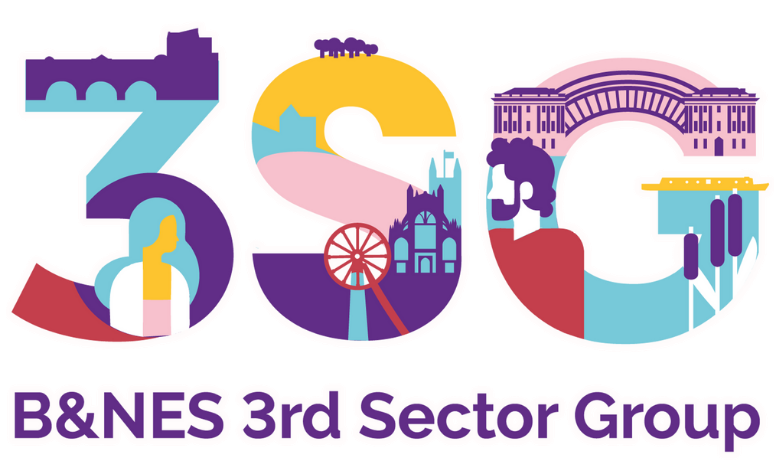Moving from crisis response
- Simon Prutton

- May 11, 2020
- 2 min read

As we move from the immediate crisis response, and think about moving into the first stages of recovery/easing of lock down, there are a set of questions which are relevant to think about or to begin offer a framework or checklist.
Community and Services
· Has the need changed? Who are you serving, how do you best meet their needs now (not how they were in February 2020).
· Who are your priority clients/communities; how can you best meet their needs as restrictions are eased. Are some a higher priority than others for more contact?
· How can you best deliver services. Some aspects may remain as they have been during restrictions, others go back to how they were, others evolve. Should remote delivery remain?
· Does your volunteer offer need to change – have you got new volunteers going back to work; are previous volunteers who stopped because of COVID-19 (e.g. shielding) coming back in; how can you manage and support them?
Organisation and staffing
· Which staff come back to the office when. Need to balance the personal (who is shielding?); with the organisational (who is a higher priority operationally?).
· How do you rebuild a sense of identify and single organisation. People will have had very different experiences while at home, how to reconcile that.
· Operational considerations – maintaining social distance (work shifts, have people at home on different days); how will communications work (it may feel more isolating at home if others are in the office); need to continue to use flexible and remote working alongside face to face.
· Health and safety – Risk assess you arrangements and be mindful of H&S reporting requirements such as RIDDOR.
Finances
· What existing income have you lost or has been reduced – commercial income, contract etc. For how long/until when (might need different scenarios)?
· What interim financial support have you got – furloughing, short term grants?
· What from your pre COVID-19 income pipeline remain relevant, needs adapting, isn’t relevant?
· What other opportunities are there? What assets and resources have you got, what is the need?
Collaboration and Challenge
· How can you build on collaborations fostered during the COVID-19 crisis? What new links have been made and how they support resilience and recovery.
· How can you exert influence different levels - street, neighbourhood and city / strategic. As we build our new normal, can we be bolder in our challenge to inequalities?
· What did you achieve during COVID-19? It’s really important to capture the impact of what you did, and tell the story – for communities to see what you did; for volunteers and staff to feel connected and part of something; and for funders to see the impact of what you did.
For each aspect of this it might be useful to think about the 5 Rs:
Rescue – what can you salvage from what you were doing before COVID-19 hit;
Reform – what needs to be fundamentally changed, but is still relevant;
Resilience – where is are your organisational strengths and how can you make the best use of them.
Recovery – how do you get back to where you were before (including the learning/changes brought in as a result of COVID-19 that you’ll continue to run with).
Reoccurrence – how do you capture the learning from COVID that will be useful if it happens again
With thanks to VA Leeds


Comments